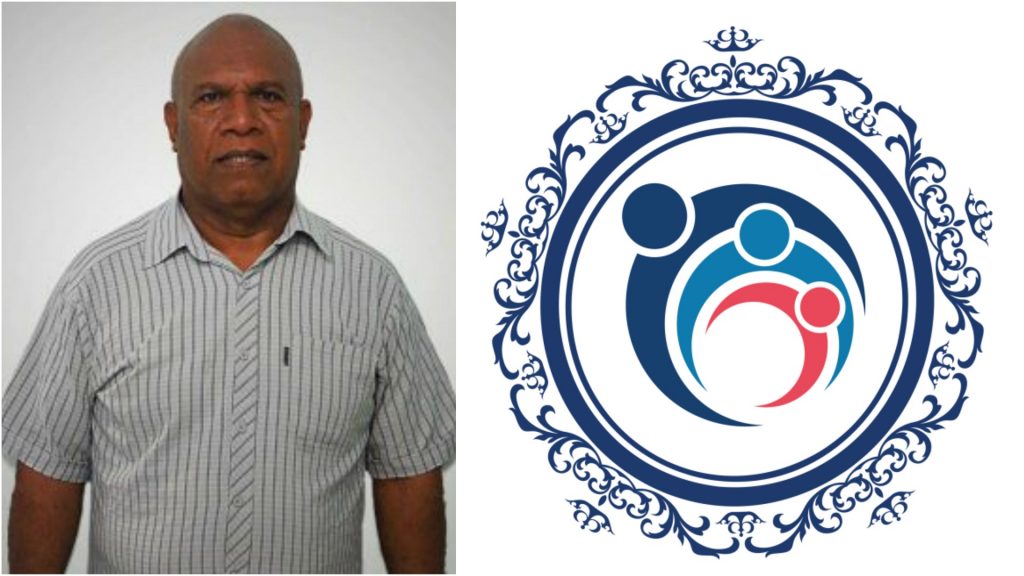By Godwin Eki – EMTV News, Port Moresby
A nationally owned private hospital in the country, Paradise Private Hospital is not part of the Health Departments Polio Vaccination program.
With the outbreak being a major concern throughout the country, Director for Paradise Private Hospital Dr Polapoi Chalau has questioned why the government has not partnered with the hospital.
He says, while the Hospital provides day to day health services to expatriates and ordinary Papua New Guineans, families are more at risk, as polio vaccinations are becoming a costly exercise.
He also questioned why government partnered hospitals that have received free polio vaccines are selling the vaccinations.
“Cost is also a major factor for families and individuals to purchase polio vaccines and those planning on travelling abroad. Paradise Private Hospital, to cater to the growing demand of its patients, purchased its Polio vaccines and is charging at K160, while government-funded hospitals, that have received free polio vaccines from government funding are also charging patients; according to one of the daily newspapers, Pacific International Hospital is charging nationals at K75 and expatriates at K86, while public hospitals are charging at K12.” Dr Chalau says.
PPH Director Dr Chalau says, his major concern is to stop the spread of polio, and the government should go behind all hospitals in the country to work together to stop the spread of polio.
Dr Chalau is pleading the Department of Health will include Paradise Private Hospital to be part of its Polio vaccination roll-out program. “With International countries made aware of the Polio outbreak in the country, those planning on travelling overseas will be affected, as they won’t be able to leave without been vaccinated and a stamped receipt of their visa as proof of vaccination, and vice versa for those travelling into the country.”
Not only has the outbreak put families at risk of contracting this incurable disease, but has put the lives of many Papua New Guineans, especially children under the age of five at high risk. The public is advised that although public sanitation and careful personal hygiene may help reduce the spread of the Poliovirus, the most effective way to stop the spread of polio is through vaccination.


